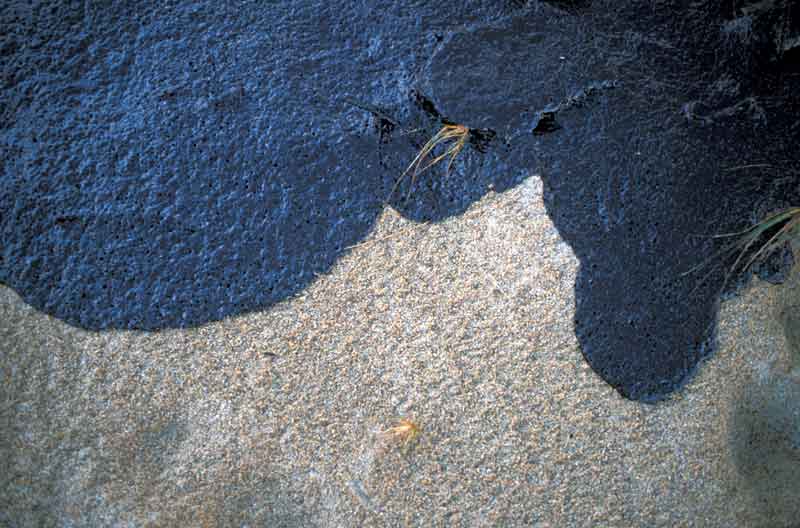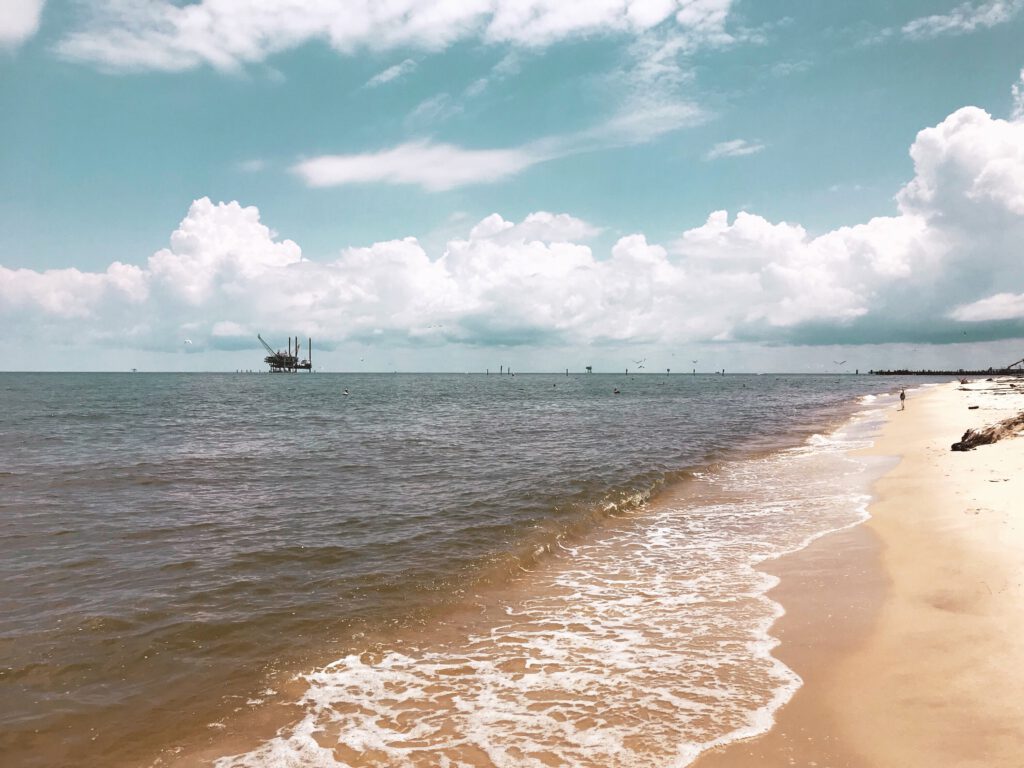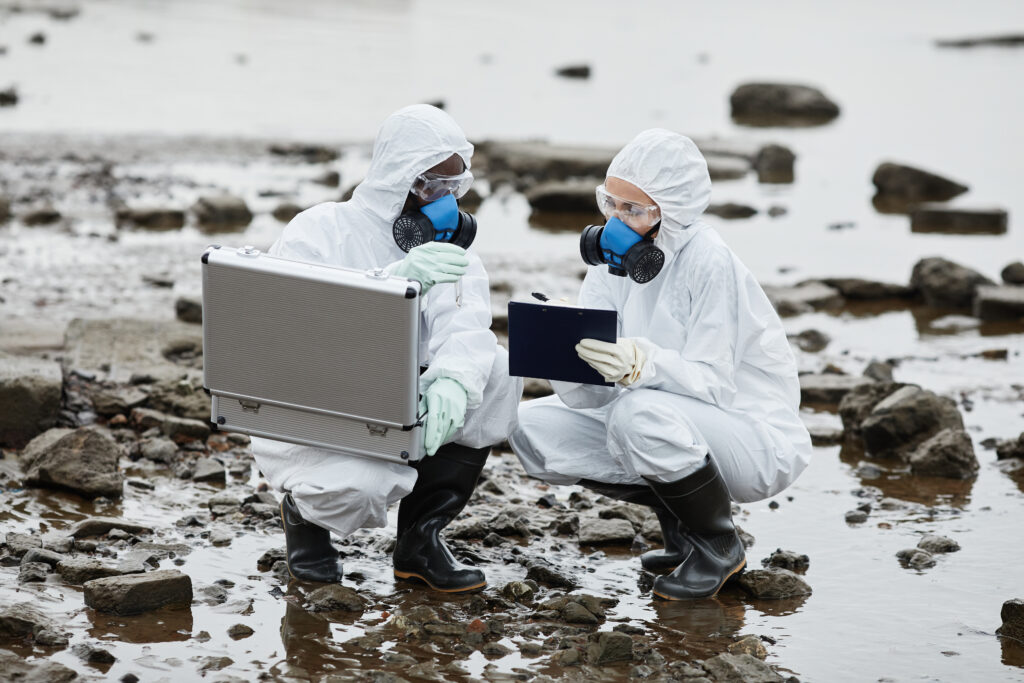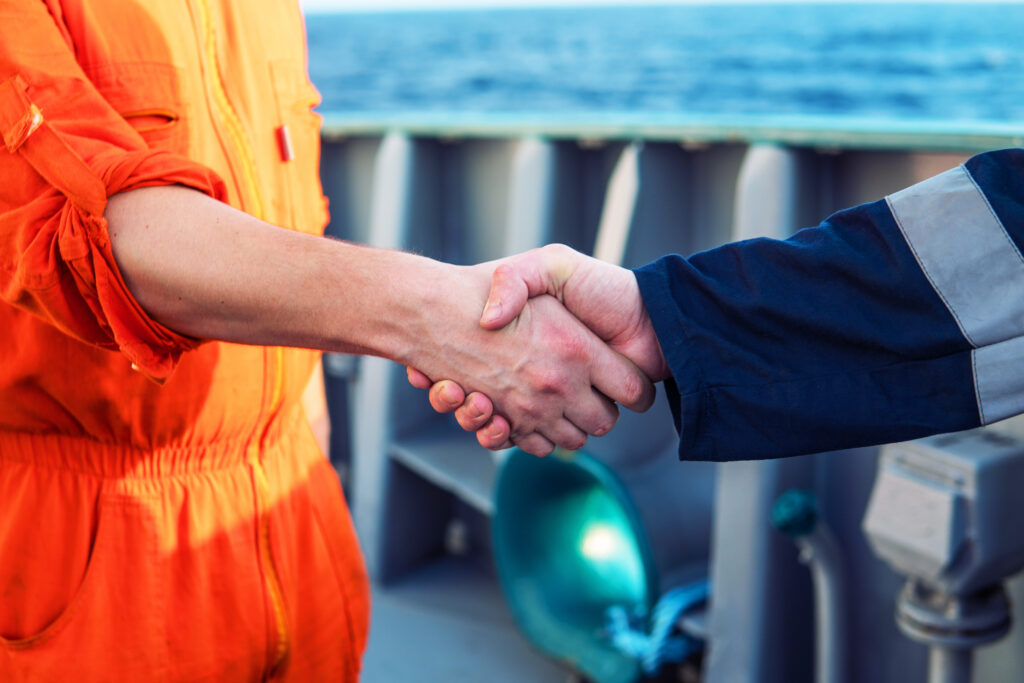
Transport of oil by sea increases every year.
European ports are the origin or destination of around a billion tons of oil per year, of which around 70% passes through ports on the North Sea and the Atlantic Ocean.
This means oceans, coastlines and beaches are all in danger of being affected by oil spills, given the amount of accidents which happen on a daily basis. This has disastrous consequences for the sea, and by extension, for the plant and animal species which call it home.
It is vital for our own survival that we take good care of our oceans, coastlines and beaches, since marine pollution is a major problem which directly affects marine flora and fauna, and indirectly affects human health.
For this reason, we need to be aware of the damage caused by these disasters and develop effective plans of action to deal swiftly with the problem when it occurs, or be prepared with the best solution for oil-spill clean-up , in anticipation of a disaster.
Environmental impact of oil spills
The effect an oil spill has on the sea is progressive, in other words, it happens in different phases.
First of all, the moment an oil spill occurs, an oily film is formed on the surface of the water which blocks out light below the surface for days, weeks or even months on end if it is not contained and removed quickly. Due to the fact that marine plants require sunlight to perform photosynthesis, if they receive no sunlight they will quickly perish.
Next, the spilled oil will gradually sink into the sea and give rise to under water pollution. Its highly toxic composition can cause the disappearance of multiple micro-organisms.
And also, in time, oil spills at sea cause irreversible damage to all living things which make up the local ecosystem. As their sources of nutrition and reproductive systems suffer grave damage, the survival of some species will be on a knife edge as a result.
For this reason, it is vital to establish safety protocols for oil spill response to protect the environment in all of its aspects, including nearby coastal areas and the health of those living or working in the vicinity.


Which species are most affected by this environmental problem?
n general, oil spills affect all marine mammals, fish and crustaceans, as well, of course, as birds which spend most of their time near the sea.
The marine mammals most affected by oil spills are dolphins, whales and turtles. This is because when they surface to breathe, oil can get into their respiratory tracts and block them.
Birds can also be seriously affected by oil spills. Unfortunately many birds are poisoned when cleaning themselves due to toxic substances in the oil, and others lose the ability to fly when the feathers on their wings become covered in oil, and eventually die of hypothermia due to lack of movement.
Other creatures which suffer due to oil spills are crustaceans and fish, becoming unsuitable for human consumption.
While these creatures are often not affected by a spill immediately, in just a few days sea currents can bring the oil to their habitats.
What action should be taken when faced with an oil spill at sea?
Due to the grave impact of oil spills at sea, preventive action is vital. If this is neglected, thousands of species may suffer due to direct contact with toxic substances.
But the good news is these effects are avoidable, and the health of beaches and oceans can be protected.
A marine oil pollution prevention plan is better than a cure when it comes to oil spills at sea, if we use professional equipment to swiftly contain and clean up the spills.

